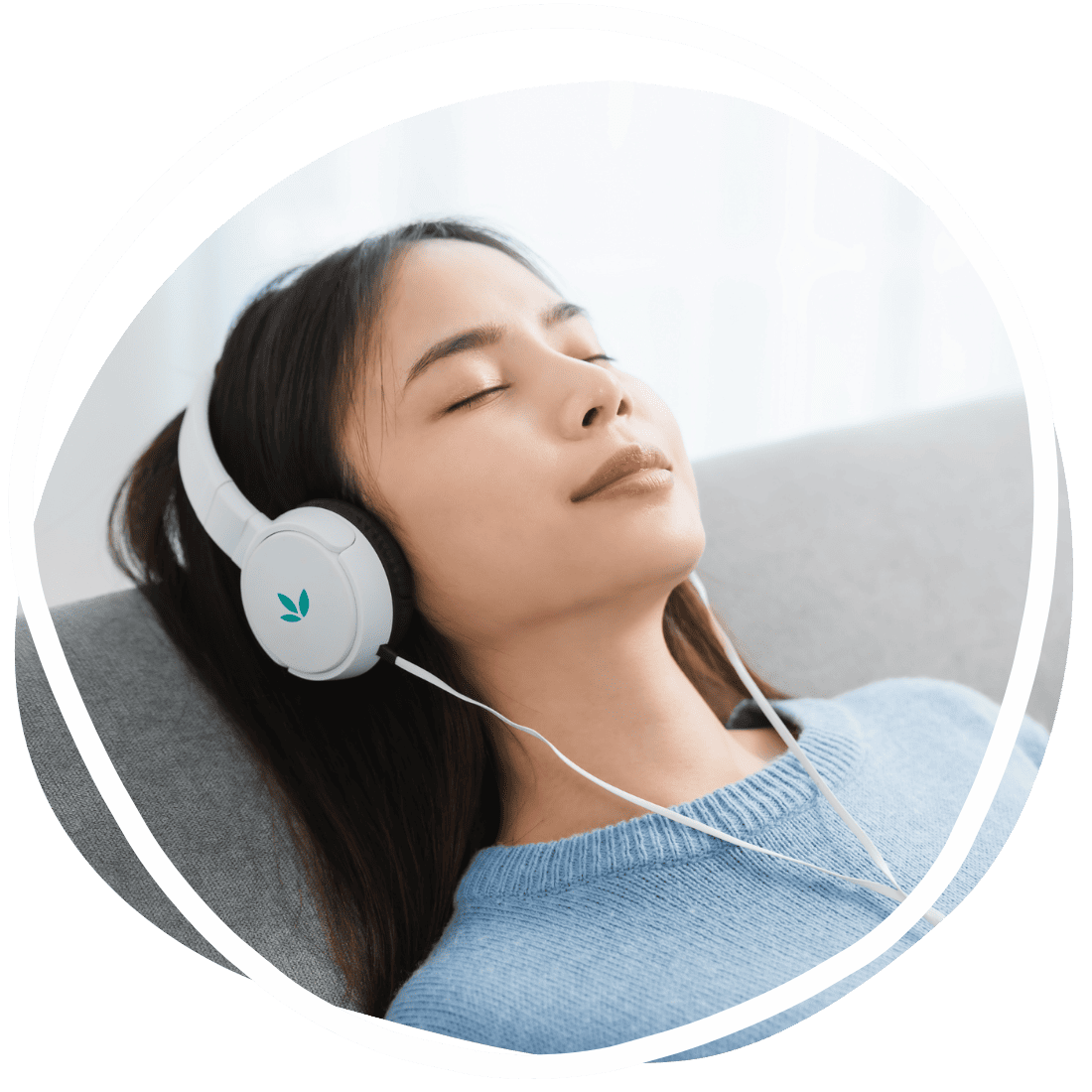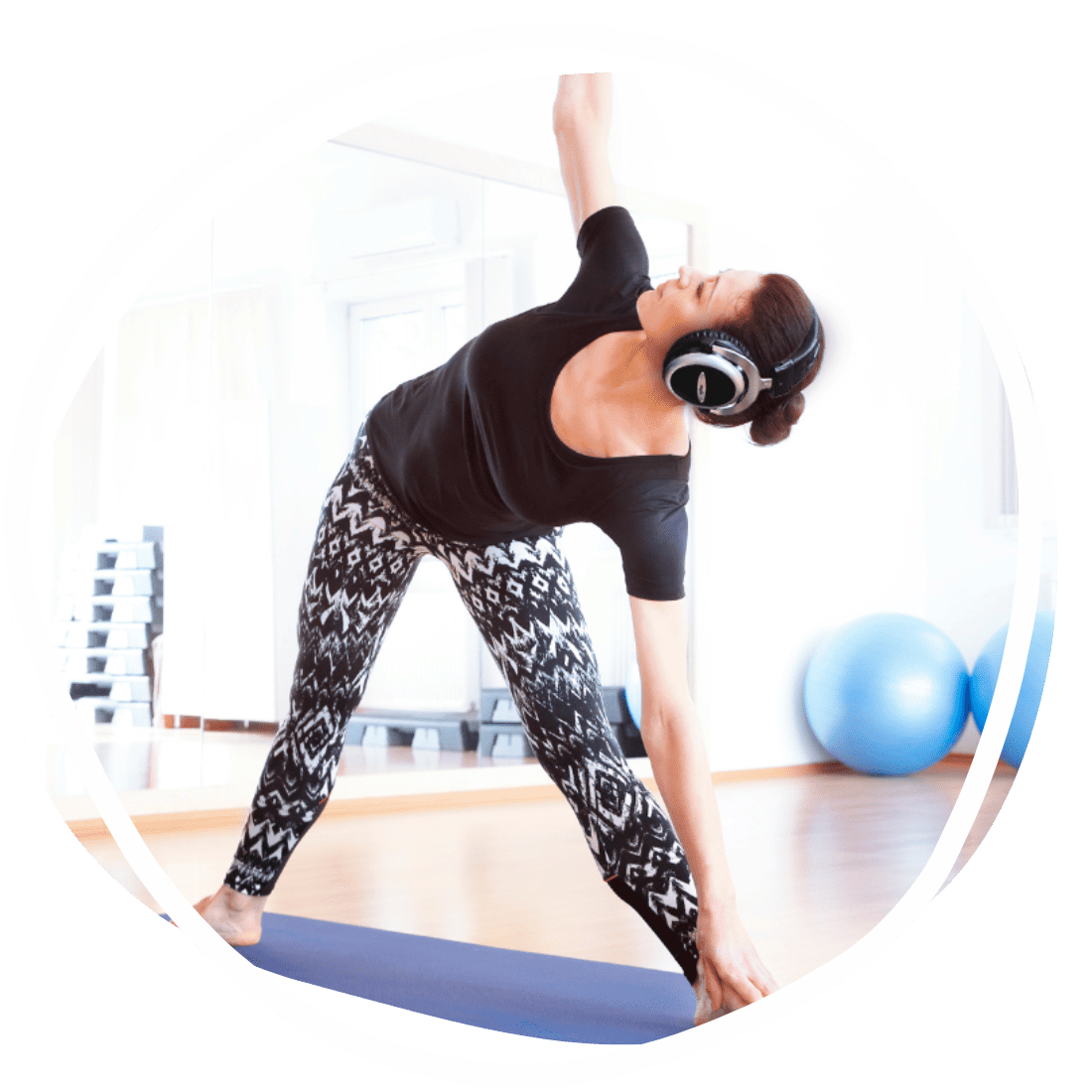Speech, Expressive Language and Listening Comprehension
Speech is our primary way of connecting to others. Having clear, fluent speech patterns is essential for being understood. Not only that, the quality of our voice and our intonation will influence how we come across and how our meaning is interpreted. Good speech is critical for good social engagement.
If a child is making only very gradual improvements in speech therapy, the problem may actually lie in the receptive component of speech which is affecting the output of speech. To speak clearly, sounds must be received clearly.

What are language delays?
Language development plays a crucial role in our communication skills, both as children and adults. However, some individuals may experience difficulties in areas such as speech production, expressive language skills, and listening comprehension. These challenges can be attributed to language disorders or delays.
To address these issues, various approaches have been developed to improve speech, expressive language, and listening comprehension.
Nervous System Regulation for Speech Delay
One effective method is nervous system regulation, which focuses on regulating the body’s physiological responses to enhance overall communication abilities. By promoting relaxation and reducing stress levels through techniques like deep breathing or sensory integration activities, individuals can experience improved speech clarity and expression.
Listening Therapy for Speech Delay
Another approach that has shown promising results is listening therapy. This therapy involves using specialized programs or devices that deliver specific auditory stimuli to stimulate the auditory system. By targeting specific frequencies or patterns of sound, listening therapy aims to enhance auditory processing skills and improve overall language learning abilities.
Both nervous system regulation techniques and listening therapy can be utilized by children and adults alike to address language development challenges. These interventions offer a holistic approach by targeting both the physical aspects of speech production and the cognitive aspects of expressive language and listening comprehension.
Overall, with advancements in understanding how the nervous system impacts communication skills, approaches such as nervous system regulation techniques and listening therapy provide valuable tools for improving speech production, expressive language skills, and listening comprehension in both children and adults with language disorders or delays.
Unyte Health: Listening Therapy to Support Improved Speech, Expressive Language and Listening Comprehension
Safe and Sound Protocol (SSP)
For children and adults. Guide your clients to consistently feel more connected, in control and regulated.
Pioneered by Dr. Stephen Porges, and based on the Polyvagal Theory, the Safe and Sound Protocol (SSP) is an evidence-based listening therapy that helps shift the nervous system to be more present and regulated while improving client capacity for connection and receptivity to other therapies.
The sense of safety evoked by the SSP can improve voice quality and stimulate spontaneous social engagement. The nerve to our voice box is stimulated by both the SSP and the Focus systems.
Focus System
For children and adults. Improve brain and body organization, and emotional regulation. Used in a broad variety of practices such as Occupational Therapy, Speech Therapy, Physical Therapy, Autism and ADHD Specialities, and more.
A clinical intervention used to improve brain function through brain and body integration via multisensory input. It combines auditory, balance, and movement to create a foundation for learning, attention, processing and behavior. The Focus system refines the neural pathways for producing clear melodic speech.
The Reading & Auditory Processing Program of the Focus System helps improve the networks associated with decoding and sequencing sounds for speech, fluency of speech and auditory memory.







 © 2026 Unyte Health US Inc.
© 2026 Unyte Health US Inc.